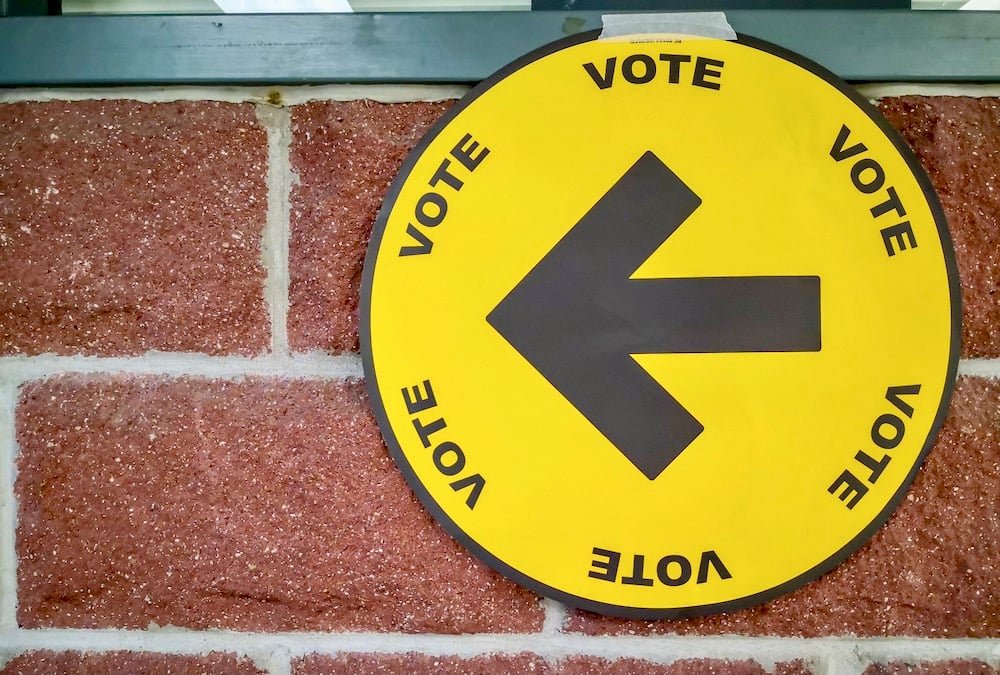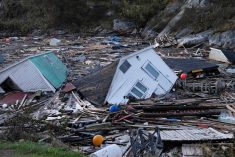Unfortunately, most growers are bringing in Pursuit for what is actually an unregistered use.
Farmers are importing a popular herbicide called Pursuit from the United States and saving a pile of money. That’s good news for the producers involved, but there are a lot of unfortunate consequences.
Pursuit is a long-standing product from the crop protection giant BASF. The price tag on a 3.3-litre container in Western Canada is nearly $1,100. The comparable price in the U. S. is about half that amount.
Read Also

Know where and why yields are low in your fields
Managing soil health issues can help farmers build back yield in unproductive patches of the field.
BASF claims their large, ongoing investment in Canadian agriculture is the reason for the huge price differential. Other observers say it’s probably more related to Pursuit coming off patent in the U. S. There’s a generic competition in the U. S., but not in Canada.
Under a program called GROU, Grower Requested Own Use, selected products can be imported by growers when they are deemed to be chemically equivalent. In recent weeks, Pursuit has become eligible for GROU.
GROWER IMPORTS
Both Farmers of North America and Rayglen Commodities are acting as facilitators, helping producers with the maze of paperwork and accessing the American product. They can’t actually buy and resell the Pursuit, but they can be paid for their services.
The farmers involved have been frustrated by Canadian approval delays, but some American Pursuit has entered the country.
It all sounds good. This is what GROU was designed to accomplish. Producers are getting access to the same product at roughly half price.
UNREGISTERED USE
Unfortunately, most growers are bringing in Pursuit for what is actually an unregistered use. Pursuit is registered for field peas in the black soil zone. It is not registered for lentils and it’s not registered for dryland use in the brown and dark-brown soil zones that make up the southwestern half of Saskatchewan’s grain belt.
For years, producers have been using light rates of Pursuit for control of a number of broadleaf weeds in lentils in the brown and dark-brown soil zones. Typically, the herbicide is applied before the crop emerges.
The industry likes to ignore this dirty little secret, but it’s been happening on a large percentage of lentil acres. There just haven’t been other viable weed control options. There is no food safety issue, but it’s still an unregistered use.
STRICT CONTROLS
In the last few years, BASF has come out with Clearfield lentils. Instead of Pursuit, BASF has strict controls so that only registered products such as Odyssey and Solo are used on its Clearfield varieties.
Why didn’t the company just register Pursuit for lentils? For non-Clearfield varieties, only light rates of Pursuit can be used or crop injury becomes unacceptable. At those light rates, weed control is sporadic.
Clearfield lentils can tolerate much higher rates of Pursuit, but then the issue becomes residue levels in the soil. In addition
to being drier, the brown and dark-brown soil zones have lower soil organic matter. Pursuit doesn’t break down quickly enough, increasing the likelihood of injury to subsequent crops.
Amazingly, the GROU program seems blind to the issue of nonregistered use. Maybe the paperwork glosses over what crop the Pursuit is for, but grower addresses should be easily cross-referenced with soil zones.
FINANCIAL HIT
As producers get their much less expensive imported product, they’re returning the $1,100 product they purchased earlier at local farm input suppliers.
Farm input suppliers are going to take a financial hit, BASF’s reputation is taking a beating, and the dirty little secret about the non-registered use of Pursuit isn’t as concealed anymore.
This messy situation could have been avoided or at least minimized if BASF would have kept Canadian prices close to the values south of the line.
It’ll be interesting to see what happens next year. BASF won’t confirm it, but other observers say Pursuit is coming off patent here in Canada. It’ll also be interesting to see if Canadian officials take steps to limit the unregistered uses.
Kevin Hursh is a consulting agrologist and farmer based in
Saskatoon. He can be reached at [email protected].


















